Mensa members reveal how word and number puzzles can train your brain
Puzzles can boost IQ and unlock talents. Try a cryptic word search created by a member of the high IQ society, Mensa.
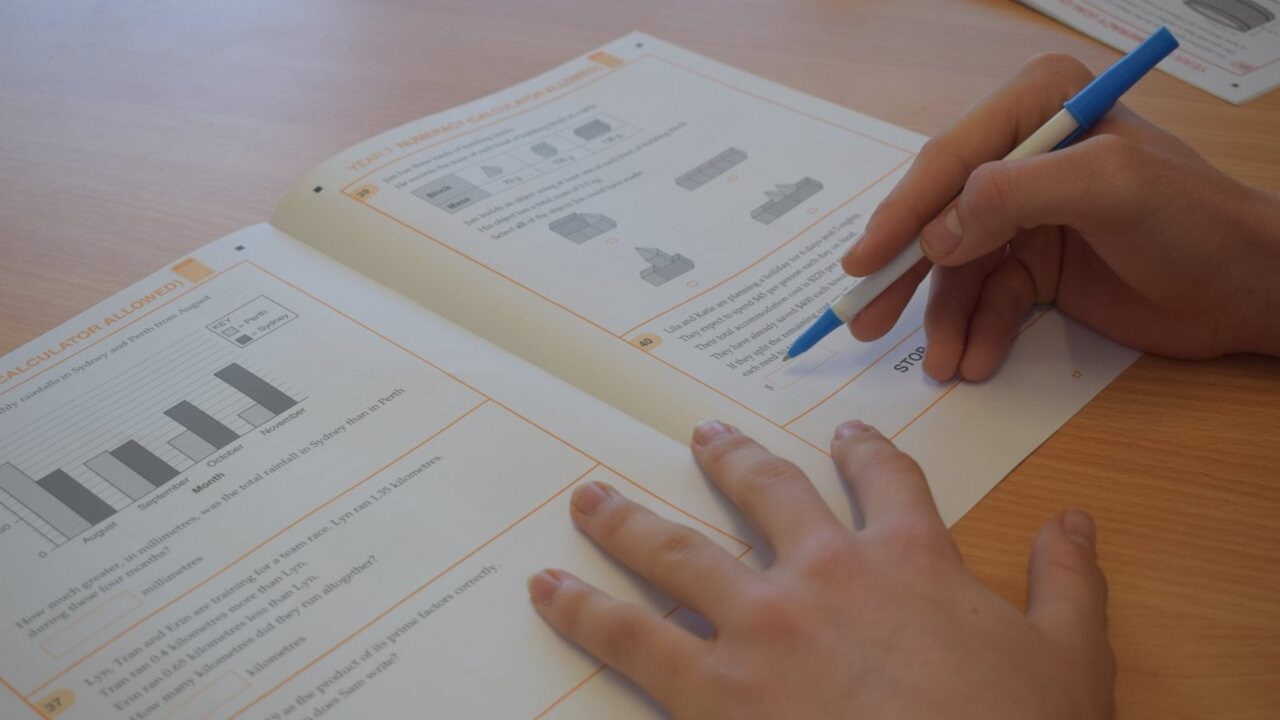
SmartDaily
Don't miss out on the headlines from SmartDaily. Followed categories will be added to My News.
Problem-solving puzzles can boost IQ scores and unlock hidden talents.
That is the message from Australian Mensa chair Jean-Marc Genesi, who says although highly intelligent people are typically born that way, many do not realise the ability they have.
“It is a skill that is there but developed or enhanced in the first six years of your life,” he says.
“However, it is possible that you have the skill but don’t know you have it.
“A lot more people have the skill than they think.
“By training, you are unlocking your hidden talents.”
Genesi says puzzles make up a large part of IQ tests – assessing extrapolation and pattern recognition – so practising them will also improve a person’s IQ.
And problem-solving skills, which can be refined via puzzles, are also highly sought in professions such as engineering and research.
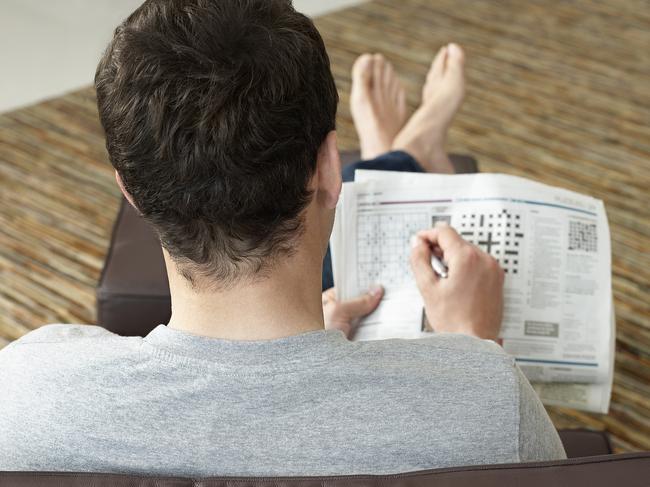
Former Australian Mensa chair Kymberley Wilson sets cryptic crosswords for the organisation’s magazine and says any sort of mental exercise is beneficial.
“It’s like doing any physical exercise is beneficial as well,” she says.
“If you do (cryptic crosswords) regularly – whether that’s once a week or once a day – you will maintain your skill level, in the same way as if you are regularly playing golf or kicking a ball.
“You can’t just do it once every six months and expect to keep up the same level of performance.”
PUZZLE PASSION RUNS IN THE FAMILY
For Mensa members Joerg and Lia Henrichs, puzzles are more than just a bit of fun.
The father-daughter duo use them to train their brains – and can become very competitive.
“It is entirely competitive,” says Lia, 13, who joined Mensa at age 5, meaning her IQ was ahead of at least 98 per cent of her peers.
“I want to beat him in every way.”
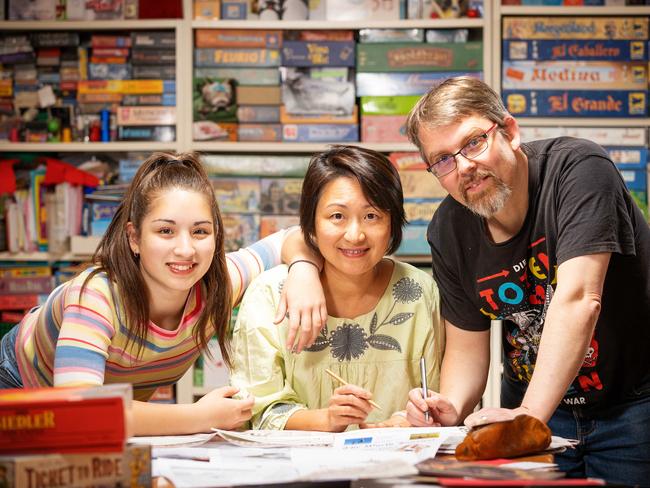
Lia recently received the highest score in Victoria at the Australasian Problem Solving Mathematical Olympiads – a maths competition for students aged 8 to 14 – and says her experience doing puzzles helped her to prepare.
Joerg has been creating puzzles for Lia since she was very young.
“When I get birthday presents, they are under a bunch of puzzles I have to solve (before I can open them),” she says.
“They are extremely evolved word searches, where there are numbers that correspond to the periodic table, or they are written backwards or L-shaped, or they are the names of people that have won Nobel Peace prizes.”
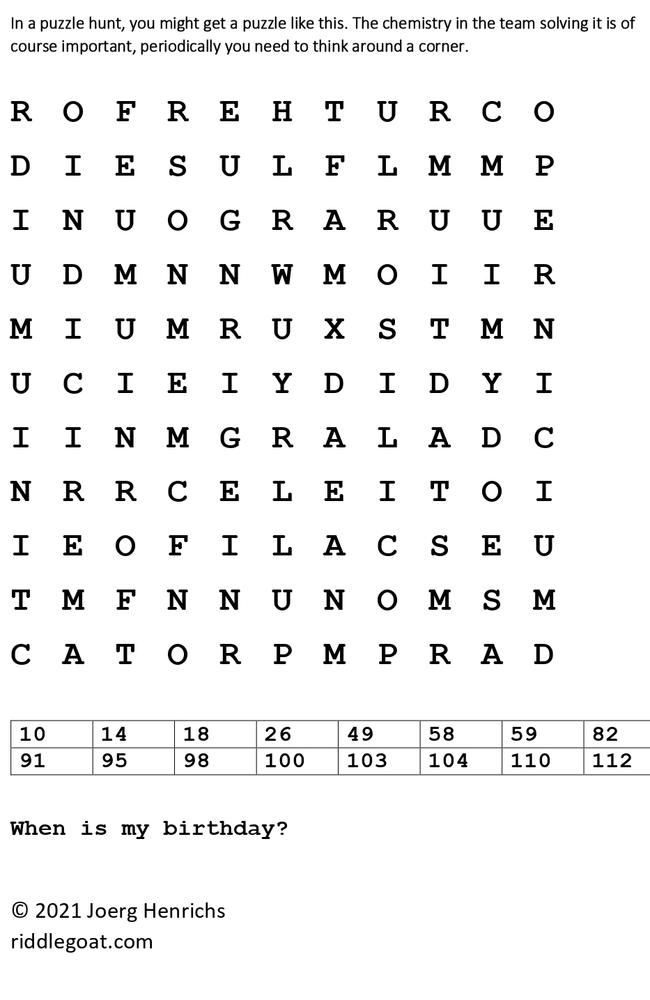
Joerg, who originally joined Mensa in Germany 30 years ago, previously volunteered as the co-ordinator of Mensa’s Victorian Association for Gifted and Talented Children, and created puzzles for its young members.
“One event for Halloween was a puzzle hunt so there was a hedge maze and I would hide the puzzles and the kids run around and find the bits and solve the puzzles,” he says.
“I have Lia and her friends solving my puzzles as a first step – I bribe them with pizza.”
Joerg’s wife, Yoko, is also involved.
As an artist, she is particularly good with visual puzzles.
“He has a very creative way to make people like me – who don’t know anything about games and puzzles – want to do something,” Yoko says.
“It encourages me to utilise my cognitive function.
“I enjoy doing the nine-letter word search in the Herald Sun.
“I started bringing it to my work at the hospital and I put it on the whiteboard and encourage patients to do it.”
BETTER THAN TV
Although Joerg says there is nothing wrong with winding down in front of the TV, his wife and daughter are quick to point out he is rarely actually watching it.
“While we watch TV, he is doing puzzles,” Yoko says.
She says puzzles can be a good alternative when Lia’s friends come to visit.
“It helps bring people together,” she says.
“It’s a way to get people interacting.
“Teenagers spend a lot of time on electronic devices so it’s probably good to do something other than just looking at a monitor.”
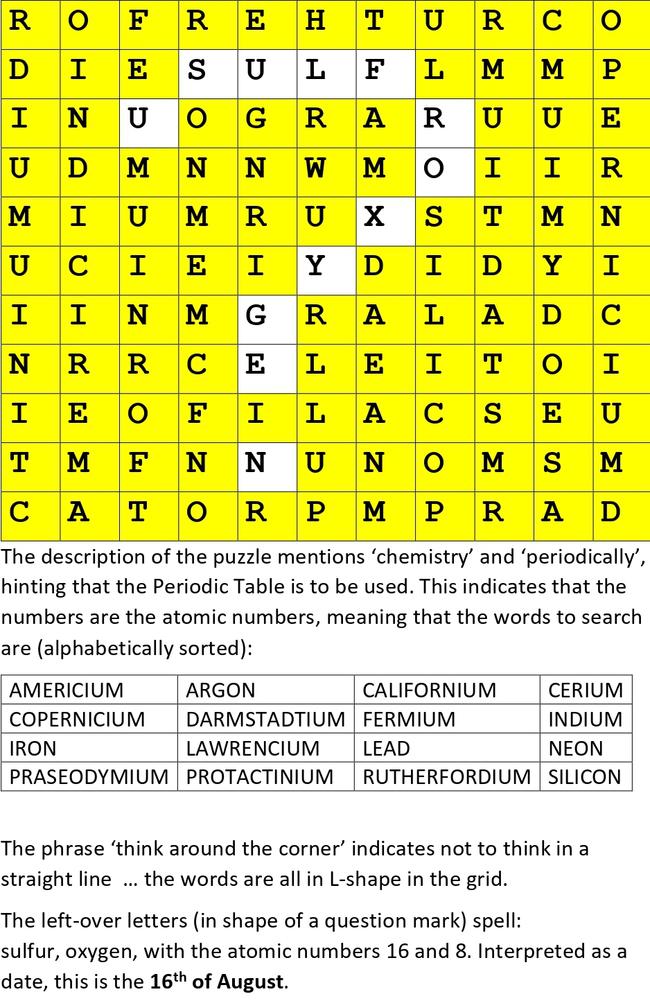
HOW TO GET STARTED
Joerg recommends the puzzles in the newspaper as a good first step.
“They are not that complicated compared to some,” he says.
He used the newspaper puzzles to break into cryptic crosswords, as English is not his first language.
“It’s interesting for improving English,” he says.
“Often there is a secondary meaning for words I wasn’t aware of, but I’ve reached a point where I can solve most.”
Lia’s advice for people new to puzzles is to write the problem down on paper.
Whether it’s an anagram or maths problem, she says this is helpful.
Meanwhile, Yoko encourages everyone to just have a try.
“I’m not Mensa, I’m not brainy, but just give it a go,” she says.
“I get fun out of it.”
News Corp has launched a new puzzles app, BrainGains, with up to 15 new puzzles every day, including quizzes, crosswords, sudoku and worumba – the ultimate trivia and number mash up. Download it now.
More Coverage
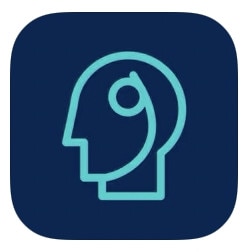
Originally published as Mensa members reveal how word and number puzzles can train your brain




